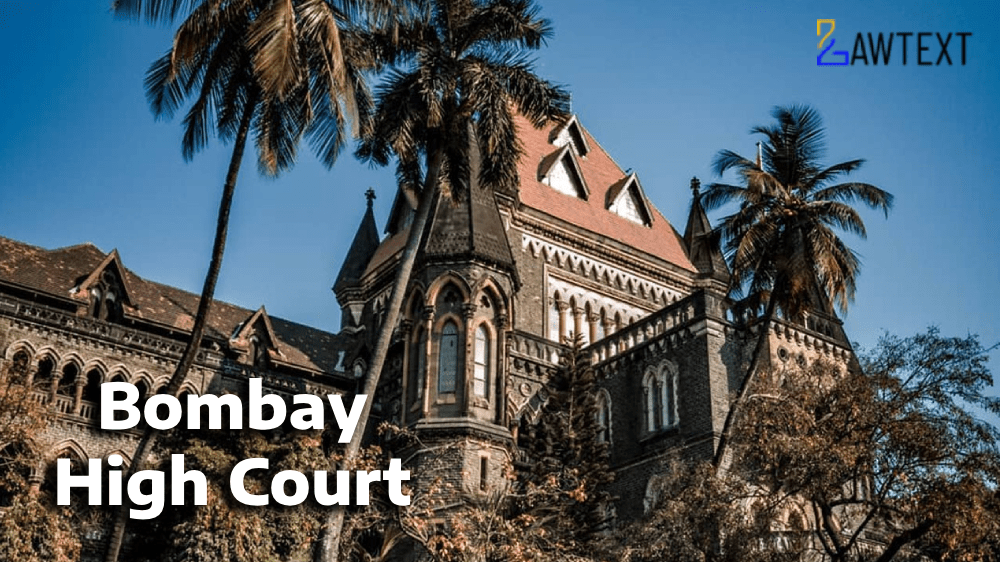

The Bombay High Court (Nagpur Bench) overturned a trial court's decision allowing legal representatives of a deceased defendant to adduce additional evidence after the final hearing stage. The Court emphasized that legal representatives can only exercise rights available to the deceased defendant under Order XXII Rule 4(2) of the Civil Procedure Code (CPC) unless they explicitly claim an independent right. The order was set aside as the legal representatives failed to specify any critical facts or reasons for their application at such a late stage.
The petitioner, Smt. Saraswatha, had filed a partition suit where the original defendant (Ravindra Khodke) passed away during proceedings. The trial court allowed his legal representatives to submit additional evidence at the final hearing stage. The petitioner contested this decision, arguing that the original defendant had already presented evidence, and the legal representatives lacked any independent grounds to reopen the case.
The legal representatives of the deceased filed an application to introduce further evidence and cross-examine witnesses. They claimed that their previous counsel failed to cross-examine crucial witnesses. However, they did not present any specific or major facts that required such evidence to be introduced at this late stage.
The petitioner opposed the application, emphasizing that the original defendant had already cross-examined witnesses before his death. The petitioner argued that the legal representatives, having adopted the original defendant's written statement, could not claim an independent defense.
The Court analyzed the rights of legal representatives under Order XXII Rule 4 of CPC. It held that the legal representatives can only assert defenses available to the deceased defendant unless they independently join the suit to claim distinct rights. The court cited relevant case law, particularly Vidyawati v. Man Mohan, to support this view.
The High Court found that the trial court erred by granting permission for additional evidence without ensuring that the legal representatives had disclosed any "crucial and important" facts. This failure rendered the trial court’s decision flawed, as the legal representatives did not present any significant reason to re-open the case for new evidence.
The respondents cited a Gujarat High Court ruling, Jignesh Ranjitbhai Patel v. Shantiben Hirabhai Gopalbhai, but the Court distinguished it on the facts, noting that the circumstances in the present case did not justify reopening the matter for additional evidence.
The High Court quashed the trial court's order and emphasized that legal representatives must specify their defense and any new evidence when seeking such relief. It clarified that they are at liberty to apply afresh under the appropriate provisions, provided they can make a proper case.
The interpretation of Order XXII Rule 4(2) of the CPC. Legal representatives of a deceased defendant are entitled to pursue the defense available to the deceased but cannot introduce new evidence or claims at an advanced stage of the proceedings unless they assert an independent right or disclose compelling facts to justify such actions.
Civil Procedure, Partition Suit, Rights of Legal Representatives
Order XXII Rule 4, Civil Litigation, Legal Representatives, Partition Law, CPC, Final Hearing, Additional Evidence
Citation: 2024 LawText (BOM) (10) 80
Case Number: WRIT PETITION NO. 902 OF 2023
Date of Decision: 2024-10-08
Case Title: Smt. Saraswatha w/o Sampatrao Bhoyar Versus Late Ravindra s/o Sadashiv Khodke And Ors.
Before Judge: ANIL L. PANSARE, J.
Advocate(s): Shri S.N. Bhattad, Counsel for the petitioner. Shri Alok Daga, Counsel for respondent no. 1(a). Shri U.K. Bisen, Counsel for respondent nos. 1(b) and 2. None for respondent nos. 3 to 7.
Appellant: Smt. Saraswatha w/o Sampatrao Bhoyar
Respondent: Late Ravindra s/o Sadashiv Khodke And Ors.